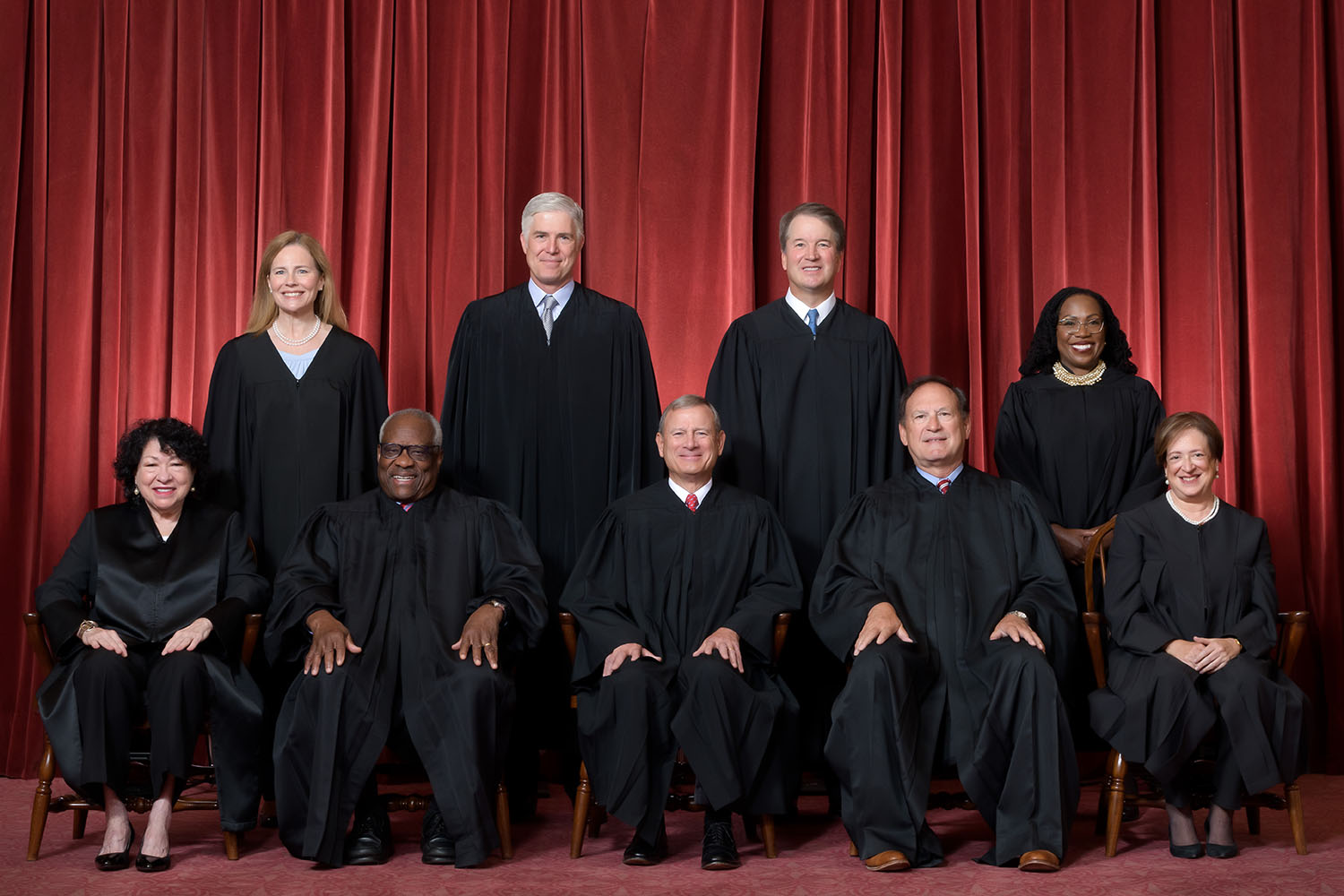The 1978 law that safeguards Native American adoptees’ connection to their tribes and heritage has been upheld by the Supreme Court, delivering a victory to the tribes who argued that undermining the law would disrupt the fundamental principles allowing them to govern autonomously.
Justice Amy Coney Barrett, speaking for the majority, acknowledged the complex nature of the case that pitted a white foster couple from Texas against five tribes and the Interior Department in a legal battle over the adoption of a Native American child.
“These issues are intricate,” she wrote. “But ultimately, we reject all of the petitioners’ challenges to the statute, some on the grounds of their merits and others for lack of standing.”
The decision was reached with a 7 to 2 vote, with Justices Clarence Thomas and Samuel A. Alito Jr. dissenting. The Indian Child Welfare Act grants preference to Native families, a policy that the couple argued violated principles of equal protection and discriminated against Native children and non-Native families seeking to adopt them based on racial considerations.

The tribes emphasized that they are political entities rather than racial groups and that eliminating this distinction, which forms the foundation of tribal rights, could jeopardize nearly all aspects of Indian law and policy, including regulations regarding land, water, and gambling.
“Congress has well-established and broad authority to legislate regarding Indians,” Justice Barrett stated, noting that this authority may extend to family law. “The Constitution does not create a barrier around family law.”
In their dissenting opinions, Justices Thomas and Alito contended that Congress had exceeded its jurisdiction in regulating determinations related to child welfare.
Justice Alito wrote that the majority had lost sight of the most vulnerable individuals: the children.
The majority, he added, “decides one question after another in a way that undermines the rights and interests of these children and their parents, as well as the constitutional division of power between the federal government and the states.”
Justice Thomas argued that the legislation exceeded the federal government’s authority, further noting that some of the Native American children involved in the adoptions “may never have even visited Indian lands.”












